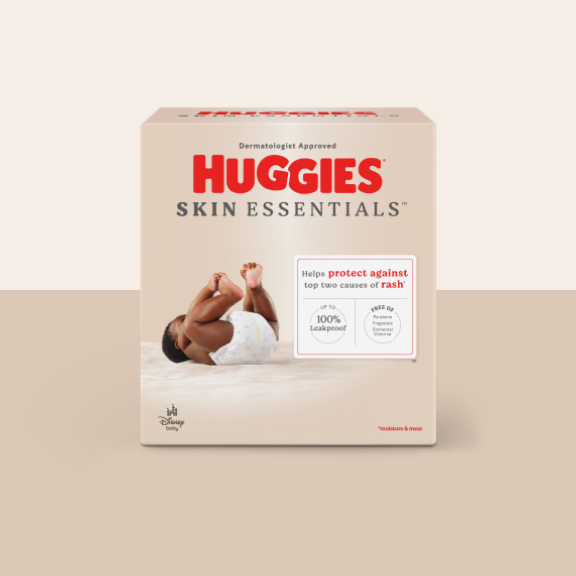Something's got hold of my leg!
Sometimes cramping is a result of low calcium or magnesium in the diet, or very low salt levels. You’ll hear lots of old wives’ tales about effective remedies including putting a piece of chalk at the end of the bed or even a clove of garlic. But what has been proven to be effective, is ensuring an adequate water intake and doing some stretching exercises before going to bed at night.
Your physical changes this week
You could be experiencing pins and needles in your hands. This is commonly due to a condition known as carpal tunnel syndrome which affects the thumbs and forefingers. Compression from water retention on the carpal nerve pathway is the most frequent cause. Physical therapy and splints are sometimes necessary to alleviate pain and numbness.
Another common complaint at this stage is headaches. Even if you don’t usually get headaches, you may have them more often than you’d like in the next couple of weeks. Blame those pregnancy hormones, again. Avoid becoming dehydrated or overheated. If you do get a headache, try to lie down in a dark room with a cool wash cloth over your eyes. Sometimes it helps to eat a light meal. If you develop a sudden, unrelenting headache with visual disturbance you will need to be checked by your provider.
Your vaginal discharge is likely to have increased. During pregnancy this is normally watery, clear to white in color and odorless. Many pregnant women find wearing a pantyliner through the day is helpful in terms of absorbency. However, it is easy to develop a yeast infection during pregnancy so if you feel itchy and have a burning sensation when you pee, check with your pregnancy provider. Anti-fungal treatments are very effective and are commonly prescribed.
You may be feeling the start of Braxton Hicks contractions. These are painless uterine contractions which are concentrated mainly at the top of the uterus. After exercising, bending over, having sex or even when you've done not much, you may be able to feel them if you place your hand on top of your belly. They are your body's way of practicing for the real thing.
Your emotional changes this week
Conversely, this can be a worrying time for some. The 20-week ultrasound a couple of weeks earlier may have detected concerns or possible complications which will be evaluated further as your baby grows and the pregnancy progresses. Often, a "wait and see" approach is recommended, which means a nail-biting time for the new parents. Speak with your provider about your concerns and let them know if you are anxious.
Your baby's changes this week
Baby is starting to form an important substance in her lungs, known as surfactant, which will help her tiny alveoli to stay open at birth. Think about the outer leaves on a tree and you’ll have mental image of the importance of these minute air pockets staying open so oxygen can pass through from the surrounding blood vessels. If a mother goes into premature labor, she’ll often have an injection of steroids to assist in the development of the baby's surfactant.
Baby’s heart chambers and major blood vessels supplying the heart can all be seen on ultrasound this week. Although it’s still very small, this major organ will grow along with the rest of baby so that at birth, the heart is around the size of a walnut.
Baby can hear. Her ears are fully functioning by this stage of pregnancy and will react if there is a sudden, loud noise. A dog barking, door slamming, car backfiring will all make baby jump. Baby’s bones are hardening as well so remember to have a good intake of calcium every day.
She can move all her muscles this week, and there is even more coordination and action going on inside your belly. You’ll have a sense that the baby is getting stronger, and instead of little flutters which until recently made you doubt you’d felt something, you’ll need no convincing this week.
Hints for the week
Don’t miss your monthly prenatal check-up. Mark it on your calendar as an event not to miss. Many clinics will make a series of appointments at a time, so you should have plenty of time to plan.
Invest in some cookbooks and think about meals which are suitable to freeze. It's still a bit early to be undertaking a pre-baby cooking frenzy, but it will help to have some idea of what meals are likely to appeal to you and are still edible after being defrosted.
Week 24 coming next!
The information of this article has been reviewed by nursing experts of the Association of Women’s Health, Obstetric, & Neonatal Nurses (AWHONN). The content should not substitute medical advice from your personal healthcare provider. Please consult your healthcare provider for recommendations/diagnosis or treatment. For more advice from AWHONN nurses, visit Healthy Mom&Baby at health4mom.org.










